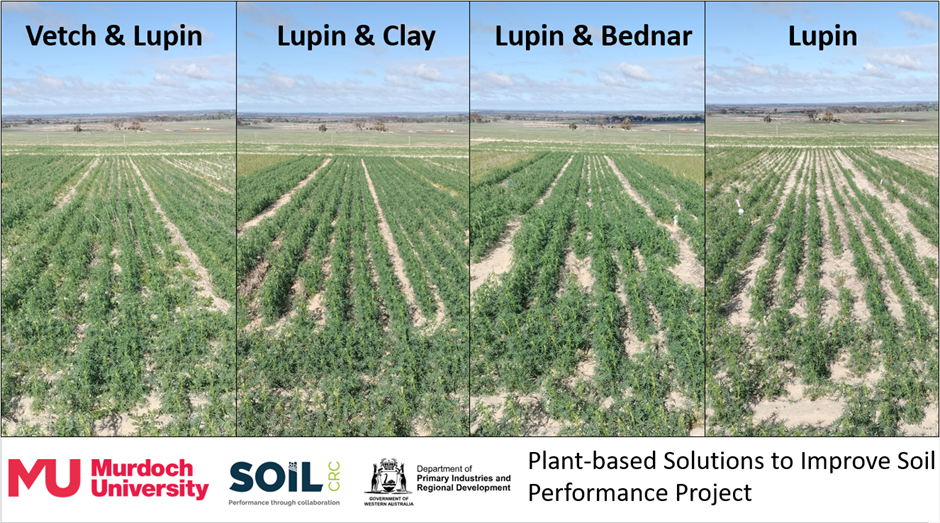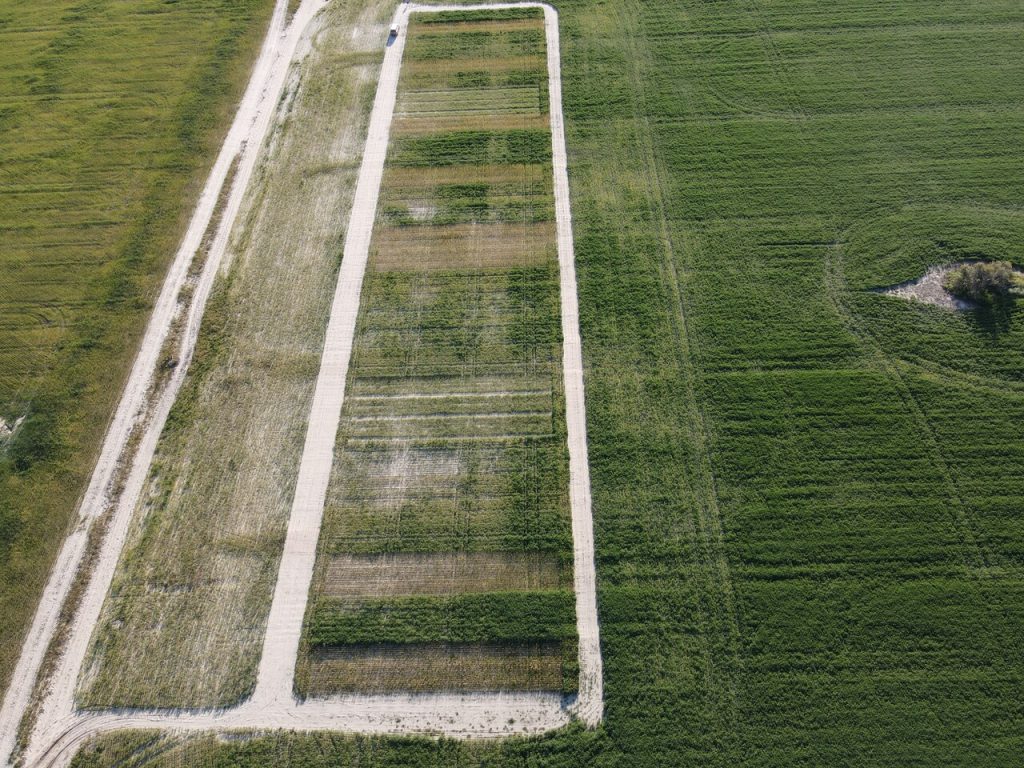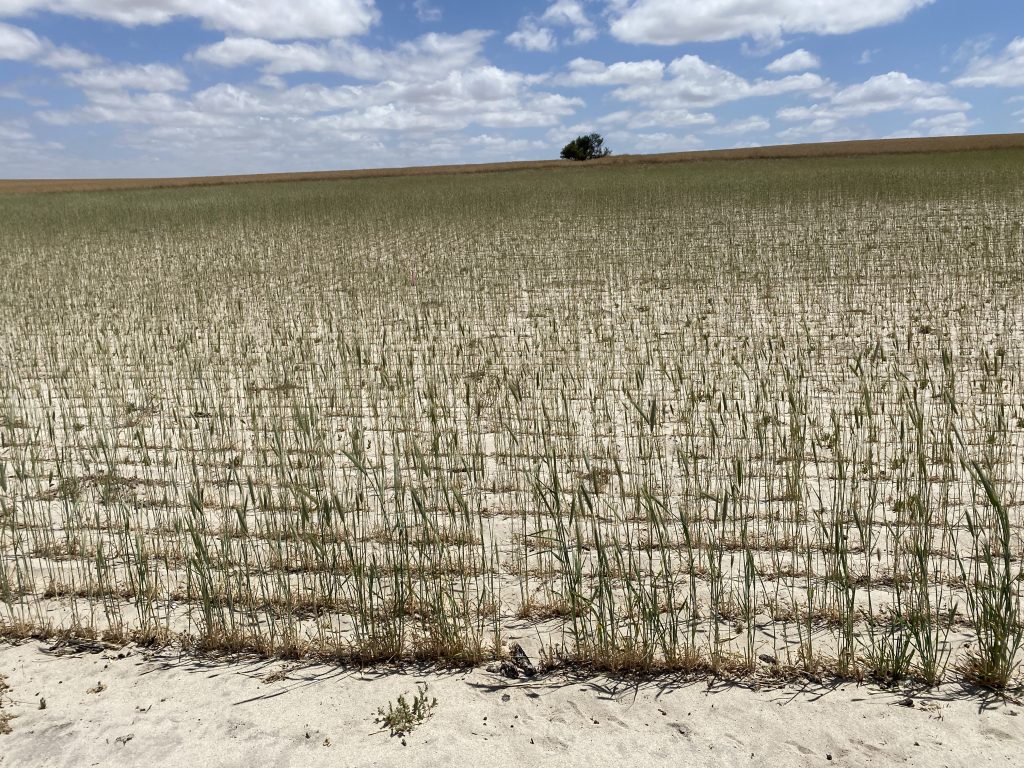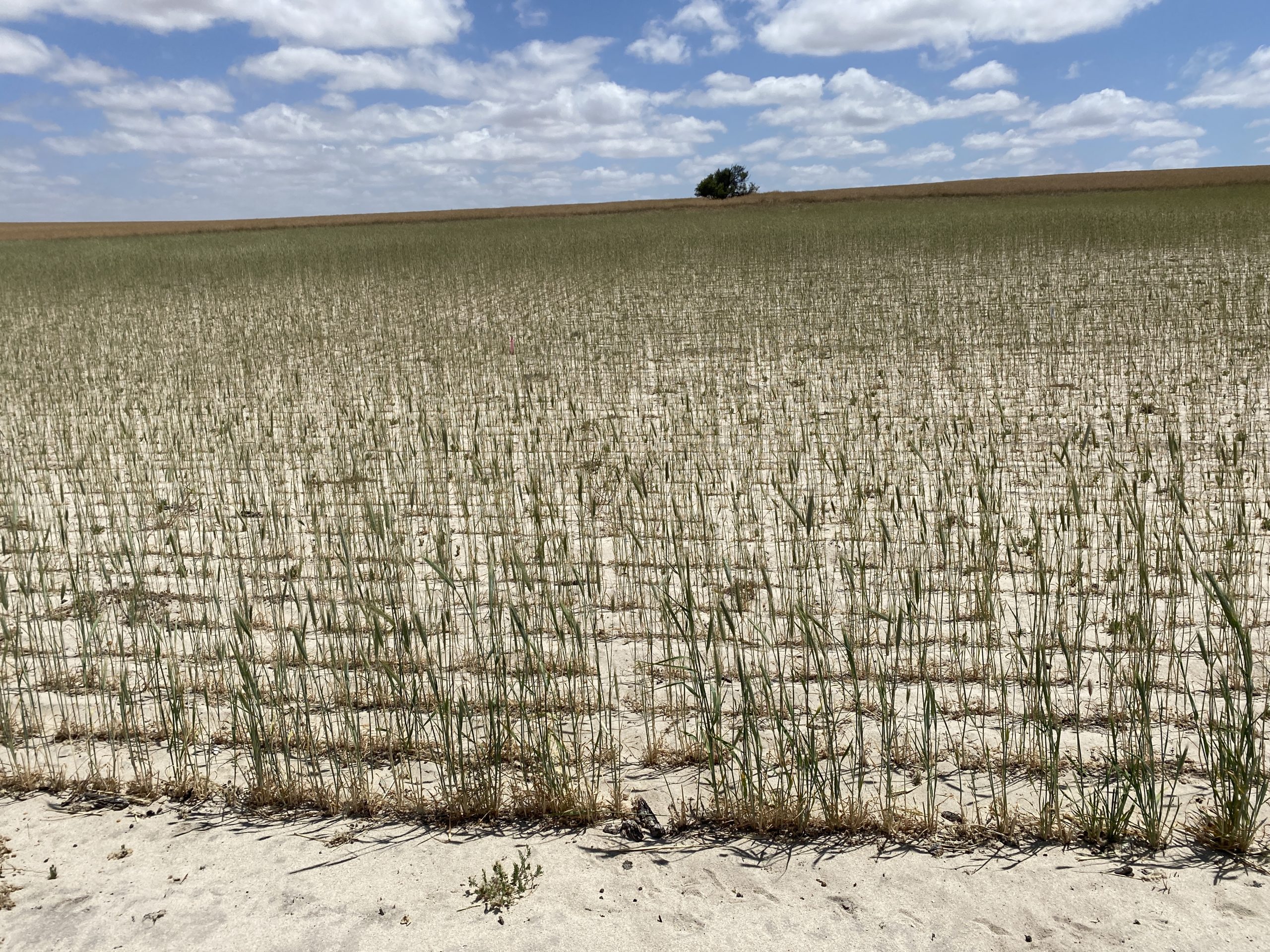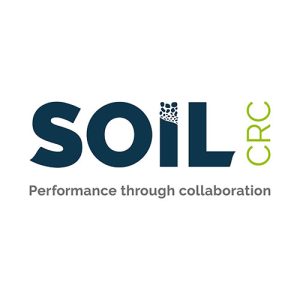



Plant-Based Solutions to Improve Soil Performace
Soil CRC - Project 4.1.002: Plant-based solutions to improve soil performance through rhizosphere modification.
Key Messages:
- The use of perennial legumes and intercropping, which increase crop diversity, weed and disease suppression, and decrease summer fallow on deep sandy soils, are innovative cropping options to improve soil health and raise the soil carbon content. This project compares these options to conventional practices, soil disturbance, and soil clay incorporation.
- Deep-rooted legume perennials may improve soil health through increased soil biomass and nutrient cycling and boost soil fertility facilitating changes to the rhizosphere on deeper soil levels.
Project Summary:
The Soil CRC ‘Plant-based solutions to improve soil performance’ is a long-term project in conjunction with Murdoch University. Two field trials were established to investigate the effect of perennials and amelioration on improving soil resilience and soil carbon content of deep sandy soils versus conventional practices, soil disturbance, and clay incorporation.
Bullaring Site
A small plot trial was established at Alan Manton and Kelly Pearce’s property in Bullaring at the start of 2022. The trial has been designed to include different farming system approaches, such as soil disturbance, clay amelioration, legume intercropping, and a perennial legume (French Serradella ‘Fran2o’).
The following treatments are included:

In 2022, this trial showed that intercropping increased early biomass and soil cover. However, at GS80 there was higher biomass from mechanical soil ameliorations than control and intercropping for barley, probably due to reduced competition for moisture from the companion crop (vetch) or weeds. The lower weed presence in the Bednar and clay treatments compared to the control could explain the grain yield increase due to improved establishment and reduced competition for soil moisture.
Harrismith Site
In 2022, a small plot design was established over Lebeckia ambigua sown in 2019. This indigenous South African rangeland perennial legume showed an innate ability to grow on infertile, acid, deep sandy soil under low-medium rainfall (<400 mm annual rainfall) (Howieson et al., 2021). After being used as a grazing option for a mixed farming system for three seasons, a cereal crop was oversown for the 2022 growing season. This site included the following treatments: control (volunteer pasture), control plus nitrogen, Lebeckia and Lebeckia plus nitrogen.
Findings from these trials are preliminary. Results from the Harrismith site showed a significant increase in grain crop biomass and grain yield was observed in 2022, but effects of the legume reduced in 2023. Intercrop legume varieties at the Bullaring site, had lower yields then the control, but was not found to be significant. Soil amelioration, with the addition of clay are showing promising results.
Perennial legumes could be an economically viable option to manage infertile sandy soil and increase efficiency by minimising external inputs. Additional benefits are associated with potential summer grazing options, substrate stabilisation through the summer period, and soil health improvements of infertile sandy patches, which are currently an agronomical management issue for farmers. However, the harsh natural conditions of these soils challenged the legumes’ establishment and development.
Further research is needed on selecting suitable species and candidates for the challenging conditions. Soil health improvements are still under investigation as more time is required to observe soil property changes. This project is a long-term trial and will continue into the 2024 growing season.
Project Background:
In the Wheatbelt region, low fertility and deep sandy profiles are a challenge to manage for profitable outcomes. Agricultural management practices, including summer fallow, increase wind erosion risk and deplete soil carbon. Due to their low reactive surface area, deep sandy soils have a limited capacity to supply water and nutrients to plant roots, presenting a core limitation to crop productivity. New approaches, such as using perennial, ley-farming, and innovative cropping options, could ameliorate deep sands by raising soil organic matter, and fertility. These new approaches improve soil stabilisation by increasing crop cover, below-ground biomass, and microbial activities.
Further Information
Project Start Date: February 2019
Project End Date: 2027
Project Funding: Soil CRC, DPIRD
Project Lead: Murdoch University
Project Collaborators: WANTFA, Facey Group, CFIG, WMG and Liebe Group
Host Farmers: Bullaring – Allan Manton and Kelly Pearce
Harrismith – David Quartermain
